‘1st Date – She’ and ‘1st Date – He’ are poems by Wendy Cope, which are the two perspectives of the same first date, from both a man and woman. It is originally from her 2011 collection ‘Family Values’. The two poems are presented side by side and largely mirror each other, allowing an interesting and humorous insight into the thoughts of both characters. Cope is an award winning contemporary poet, who often considers various aspects of personal relationships in her poems, such as the emotions of desire and hope.
This poem is part of the Relationships Poetry Anthology for the Edexcel English Literature GCSE.
‘1st Date – She and He’ Context
Lots of Cope’s work is on the subject of new relationships, such as these two poems plus ‘After the Lunch’ from the ‘Love Poetry Through the Ages’ anthology. Many recognise that Cope has an ability to introduce witty humour to her work, however others have criticised her work as being ‘lightweight’ as a result. Her work is still popular and there have been repeated calls for Cope to be made a Poet Laureate.
Wendy Cope also prefers to let her poems ‘speak for themselves’ by not giving extensive explanations of them; instead allowing the reader to form their own ideas and judgement. Perhaps surprisingly, she uses a full range of traditional forms and techniques such as consistent rhyme schemes and stanza lengths, despite the subject matter typically being very contemporary.
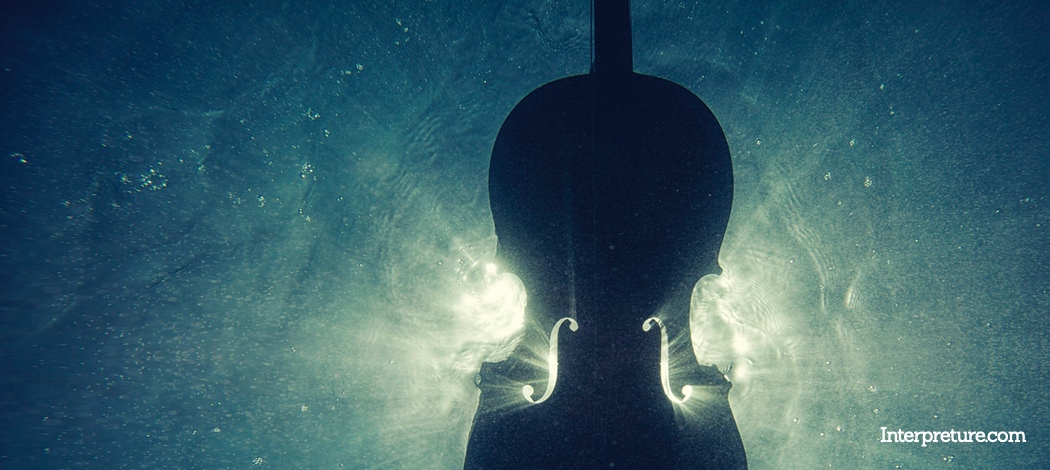
Glossary of Terms from the Poem
- Brow: A person’s forehead.
- Vivaldi and Bach: Two famous classical music composers.
- Rapt: Fascinated, entirely focused and captivated.
- Implied: An indirect suggestion or idea.
- Besotted: In love or obsessed with.
‘1st Date – She and He’ Analysis
“It wasn’t exactly a lie.”
By only the second line of ‘1st Date – She’ there is already reference to being untruthful, likely to show a reader that there is trouble ahead already. Despite this, the reader is likely to feel sympathy for the woman in this situation due to it being relatable. The use of “exactly” also helps to indicate a feeling of regret, further helping the reader feel sympathy.
“Here we are, sitting in the half-dark.”
The use of “half-dark” in this line from ‘1st Date – She’ is noticeable because it can be interpreted as both describing the physical environment of the concert hall, and also being a metaphorical description of the couple’s relationship. Clearly, on only the ‘1st Date’ they will not know each other well, so ideas and impressions of each other are likely to be unclear, just like seeing something in the “half-dark”. Some readers may also focus on “sitting” because it has connotations of formality, the opposite of the intimacy perhaps expected or even desired on a date.
“And quite undistracted by me.”
This line is significant because it is repeated in both ‘1st Date – She’ and ‘1st Date – He’. For ‘She’ it is the final line of the poem, helping to emphasise the line and make it more memorable for a reader. As it is the final line, some could also interpret that it reflects the most significant thought of the woman. In contrast, it is the final line of only the third stanza in ‘He’, which could indicate to a reader a different priority in thoughts and emotions for the man. The dramatic irony in the poem of the reader knowing the actual thoughts of both people help to make this line humorous.
“I mustn’t appear too besotted.”
Many people often panic and worry about their appearance and the impression they are creating when going on a first date, so this line helps to emphasise the relatability of the poem, and seeks to help make the reader empathise with the situation. The abbreviation to “mustn’t” helps to create a conversational tone, and underlines the contrast between the formality of the first date and the seeming desire for informality expressed in this line. Readers may also consider the use of adjective “besotted” and how this shows the depth of feelings the man has for the woman.
“Or else I’ll have nothing to say.”
Once again, common feelings and worries are being expressed to help a reader empathise with the man. This is the final line of ‘1st Date – He’, contrasting with the final line of ‘1st Date – She’, to show the different key concerns held by the two people. A reader is likely to spot the irony of this line, considering that this continual self-doubt and worrying is what is preventing anything being said in the first place.
Themes in ‘1st Date – She and He’
- Relationships: ‘1st Date – She and He’ are part of the Relationships anthology. Both poems are about the early stages of a relationship – the first date – and the different thoughts and feelings experienced by both the man and the woman.
- Intimacy (or lack of): A typical date is focused on developing a relationship, and possibly, sooner or later, intimacy with another person. Yet throughout both ‘1st Date – She’ and ‘1st Date – He’ there is a lack of intimacy and connection, with both people instead caught up in their own thoughts and worries.
- Dating: The poem looks at two perspectives of a first date, and highlights in often humorous ways how the liaison may not go exactly as planned due to the actions and thoughts of both people.
Quick Focus Questions
- Normal: The two poems are placed side by side and can be seen to ‘mirror’ each other. How could this be effective?
- Hard: “And quite undistracted by me” is repeated in both poems. What could the impact of this be on a reader?
- Challenge: In what ways could the poems be seen as relying on stereotypical ideas of dating? How might different readers react to the poem as a result?
‘1st Date – She and He’ are creative and humorous poems, which are effective at creating a connection with the reader. The poems link well to ‘i wanna be yours’ due to the similarities in using humorous lines to explore the nature of relationships. The poems contrasts with others such as ‘The Manhunt (Laura’s Poem)’ and ‘Nettles’ because of the differing structural techniques, most notably the use of separate stanzas rather than a single stanza.
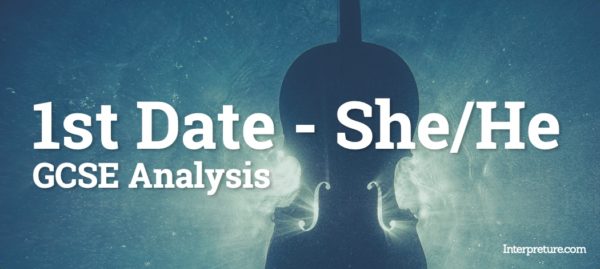
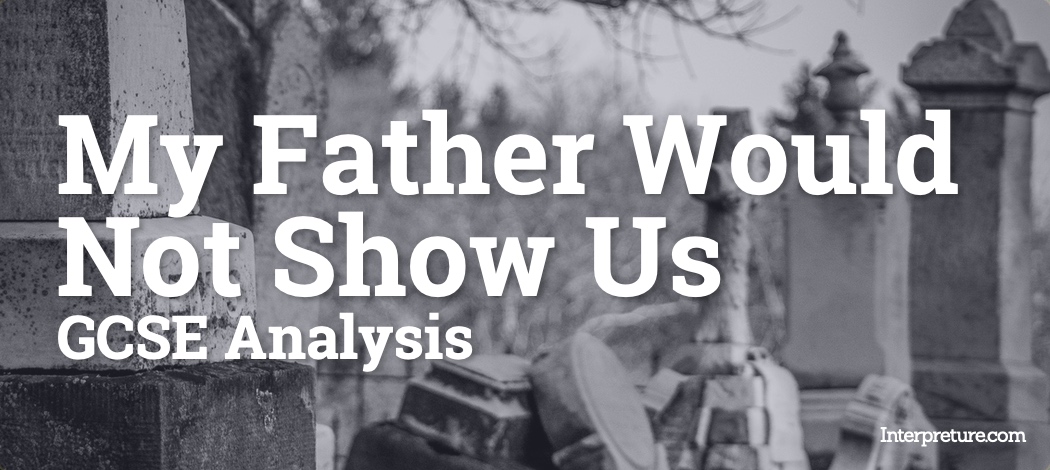
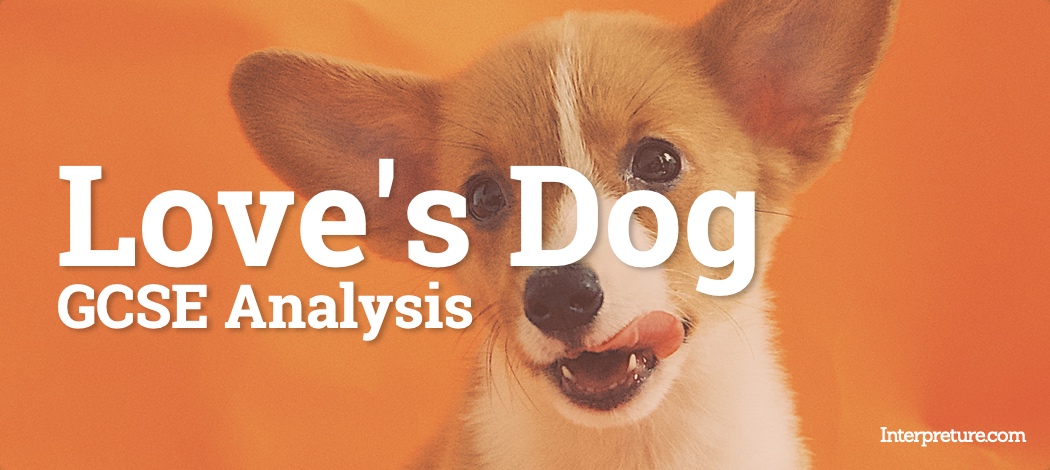
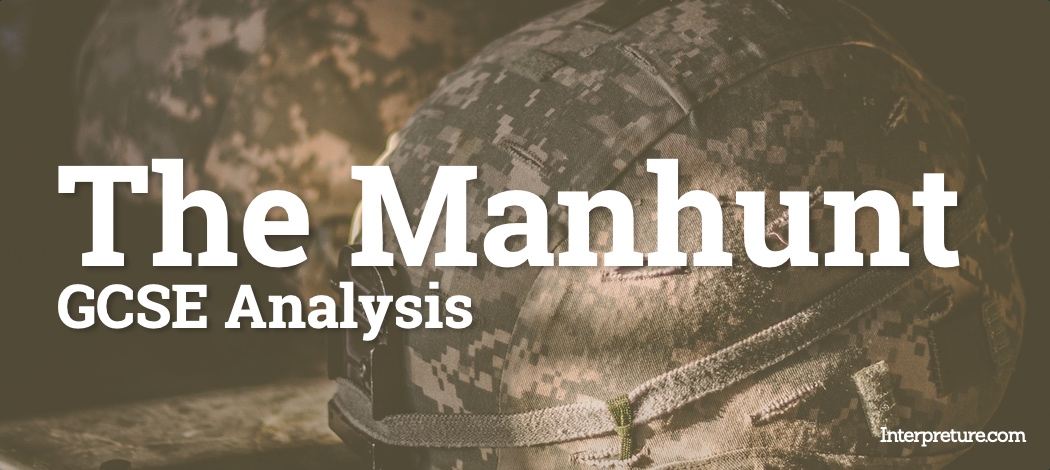
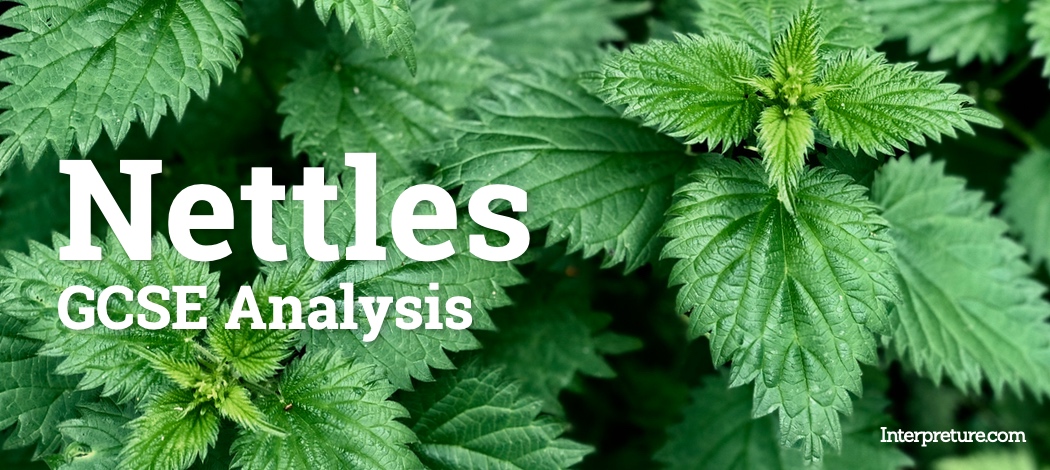
1 Comment
i love dis poem fammmm